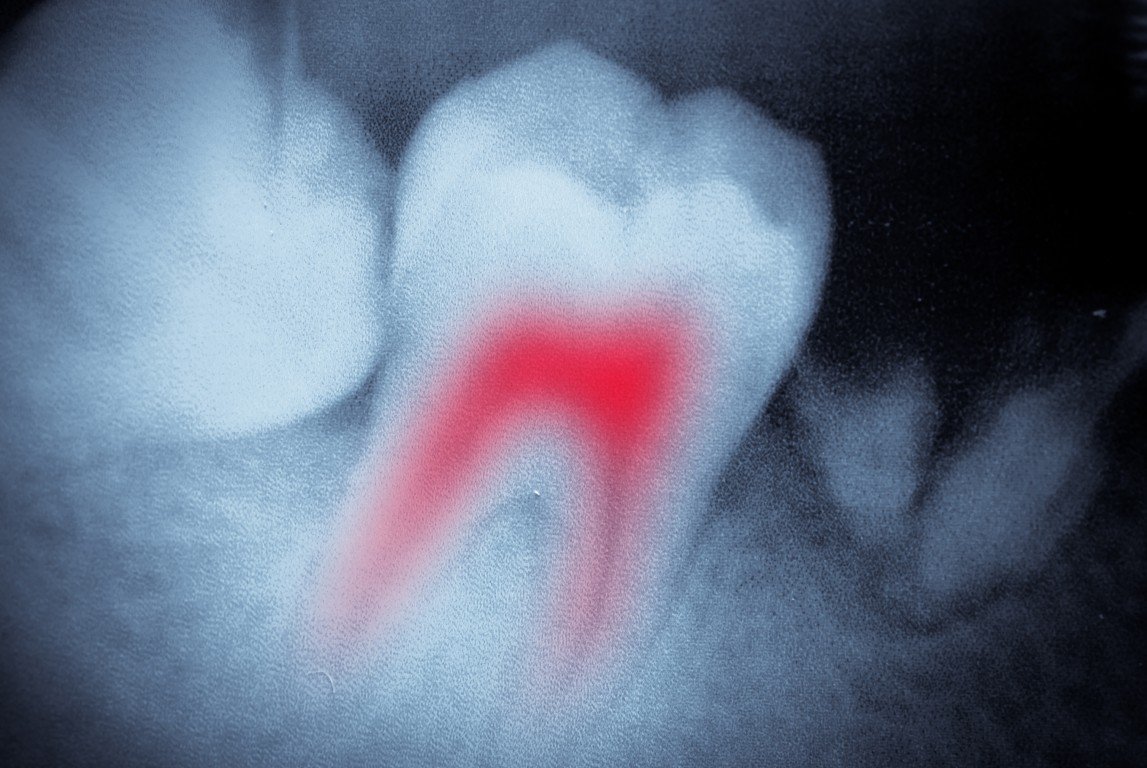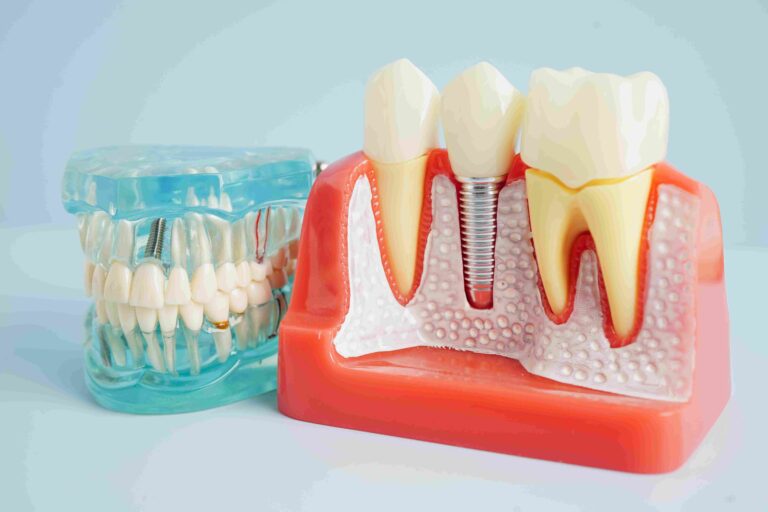Root canals are a highly effective dental treatment for saving a tooth that’s been damaged by decay or infection. But like any medical procedure, root canals can come with potential complications. Knowing how to prevent them can make all the difference in ensuring the best possible recovery.
What Is a Root Canal Procedure?
A root canal is a dental treatment used to save a tooth when its pulp, the innermost layer, becomes infected or damaged. During the procedure, a dentist or endodontist removes the infected pulp, cleans and disinfects the canals, and seals them to prevent further infection. The final step often involves placing a crown to restore the tooth’s function and appearance.
Root canals are a great alternative to tooth extraction, helping you maintain your natural smile while protecting your overall oral health.
Common Root Canal Complications
While root canals have a high success rate, complications can occasionally arise. Here’s what to watch for:
1. Pain or Sensitivity After the Procedure
Mild discomfort or sensitivity is normal for a few days after a root canal. However, if the pain persists or worsens, it could indicate an issue like inflammation or a missed canal that wasn’t thoroughly cleaned.
2. Infection or Re-infection
Although root canals are designed to eliminate infection, re-infection can happen. This may occur if bacteria remain in the tooth, the filling becomes loose, or a crack develops in the tooth. Symptoms like swelling, persistent pain, or a bad taste in your mouth might signal a problem.
3. Broken or Fractured Tooth
After a root canal, the treated tooth is more brittle than before. If it’s not properly restored with a crown, it’s at risk of breaking or fracturing, especially when biting down on hard foods.
4. Missed Canals or Incomplete Cleaning
Teeth have complex root structures, and some canals can be small or hidden. If a canal is missed during the procedure, bacteria can remain, leading to recurring issues. This is why experience and precision are critical.
5. Prolonged Numbness
While rare, some patients experience lingering numbness or tingling after a root canal. This is usually due to nerve irritation but should resolve within a few days. Persistent numbness might require further evaluation.
6. Allergic Reactions
Materials used during a root canal, such as latex or certain medications, can trigger allergic reactions in sensitive patients. Symptoms may include swelling, rash, or difficulty breathing, which should be addressed immediately.
How to Avoid Root Canal Complications
While complications can sound intimidating, they’re largely avoidable with proper care. Here are some tips:
1. Choose an Experienced Dentist or Endodontist
Root canals require skill and precision. Opt for a reputable dentist or endodontist, especially if you live in Los Angeles, where advanced dental care options are readily available. Ask about their experience with root canals and technology like 3D imaging, which improves accuracy.
2. Follow Aftercare Instructions Closely
Your dentist will provide specific aftercare instructions, such as:
- Taking prescribed pain medications or antibiotics.
- Avoiding hard or sticky foods to prevent stress on the treated tooth.
- Practicing good oral hygiene, including gentle brushing and flossing.
These steps are necessary for preventing infection and ensuring proper healing.
3. Address Signs of Complications Immediately
Pay attention to your body. If you experience prolonged pain, swelling, or other unusual symptoms, contact your dentist right away. Early intervention can prevent minor issues from becoming major problems.
4. Commit to Regular Dental Visits
Routine checkups allow your dentist to monitor your treated tooth and identify potential issues early. Regular cleanings also help prevent decay and gum disease, reducing the need for future root canals.
Technology That Can Help Reduce Complications
Modern dentistry has significantly improved the success of root canals. Tools like digital X-rays and 3D imaging provide detailed views of your tooth’s anatomy, helping dentists locate and clean even the smallest canals.
FAQs About Root Canal Complications
1. Is it normal to feel pain after a root canal?
Mild discomfort or sensitivity for a few days is normal. Persistent or severe pain, however, may indicate a complication and should be checked by your dentist.
2. What causes re-infection after a root canal?
Re-infection can occur if bacteria remain in the tooth, a filling becomes loose, or a crack develops. Proper sealing and restoration are key to preventing this.
3. How can I prevent my treated tooth from breaking?
Getting a crown placed on your treated tooth is the best way to protect it from fractures and restore its strength.
4. What should I do if my tooth still hurts months after the procedure?
Persistent pain could signal an issue like a missed canal or re-infection. Consult your dentist or an endodontist for further evaluation.
5. Can root canals cause allergic reactions?
While rare, allergic reactions to materials or medications used during the procedure can occur. Inform your dentist about any allergies before treatment.
Conclusion: Complications After Root Canal
Root canals are a safe and effective way to save a damaged tooth, but understanding potential complications can help you navigate the process with confidence. By choosing a skilled dentist, following aftercare instructions, and addressing any concerns promptly, you can minimize risks and enjoy a healthy, pain-free smile.
If you’re in Los Angeles and need a root canal, don’t hesitate to reach out to 360 Dental. With modern technology and expertise, you’re in great hands!




